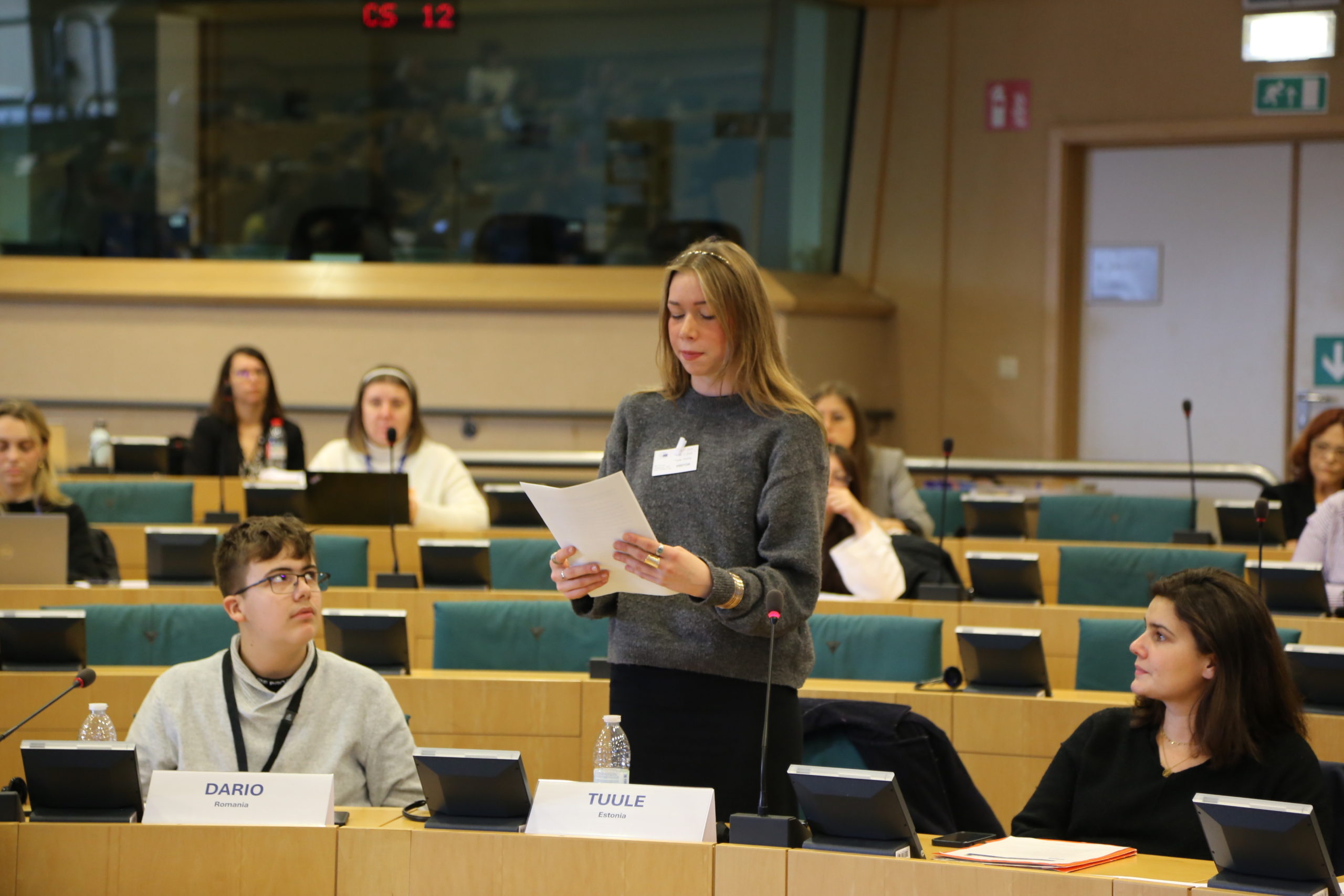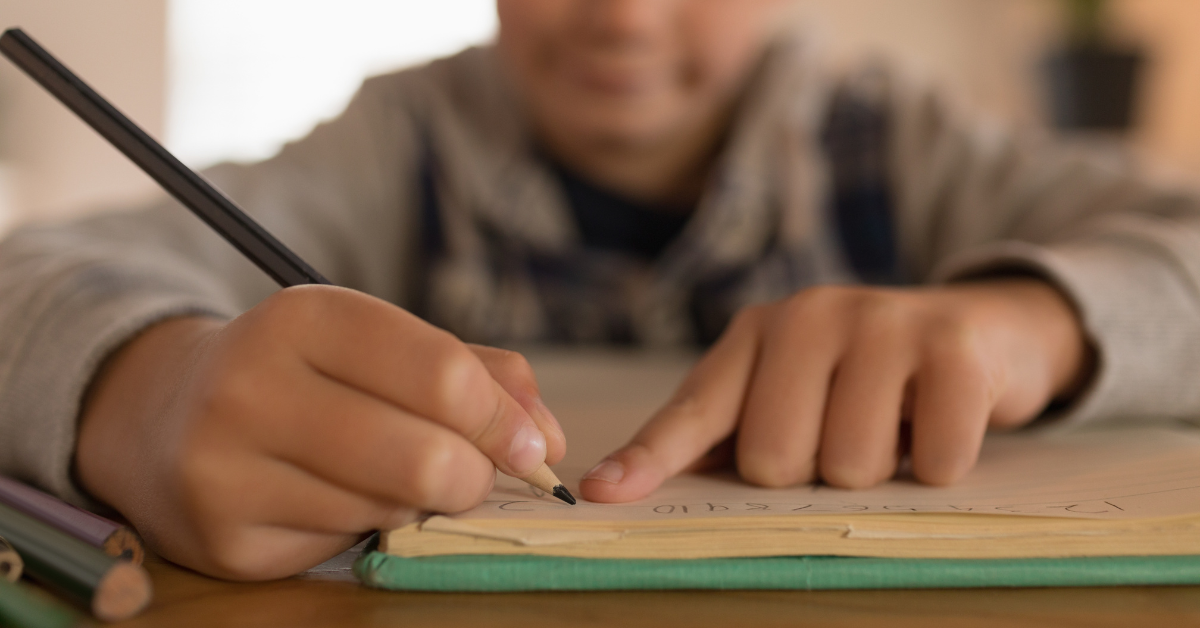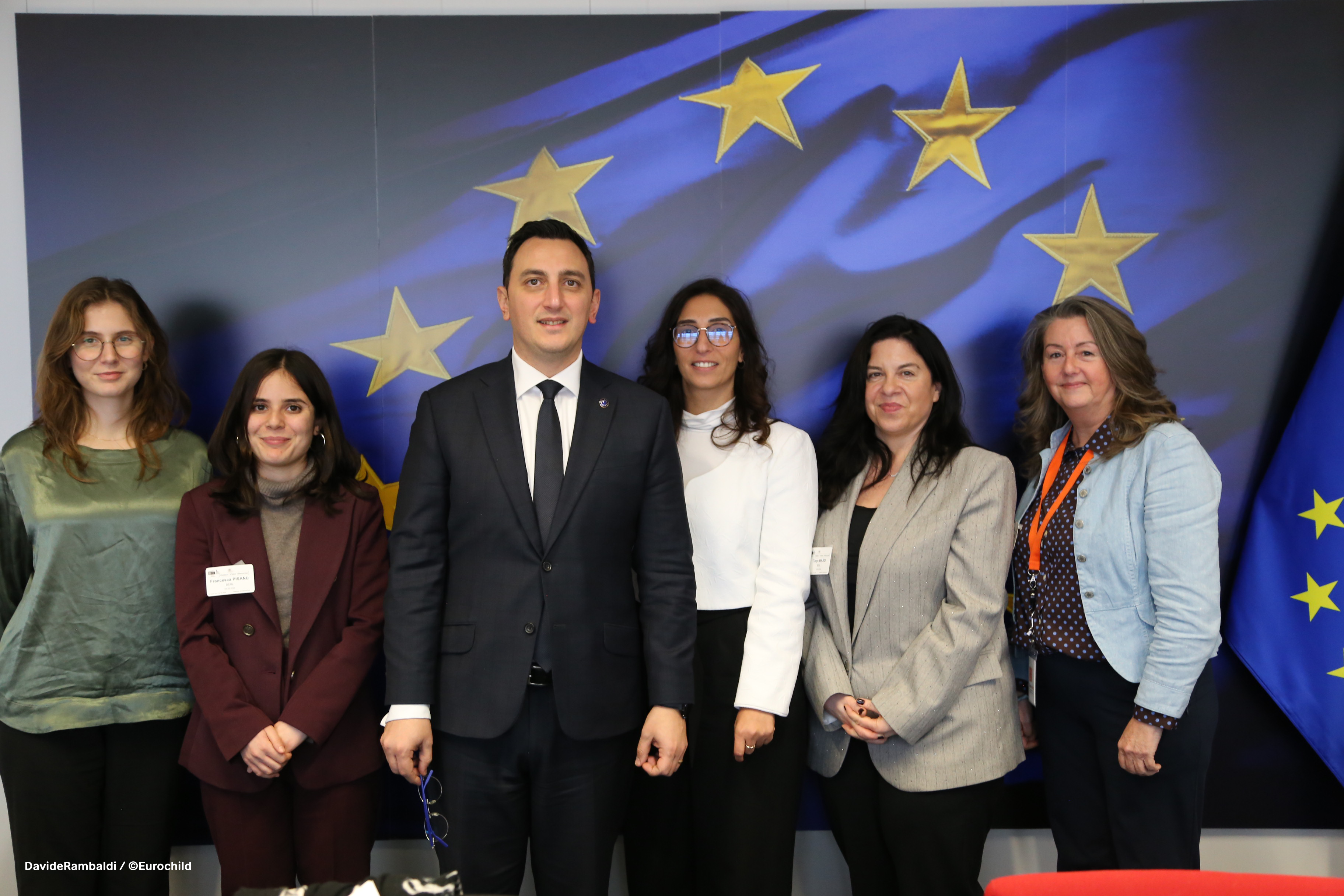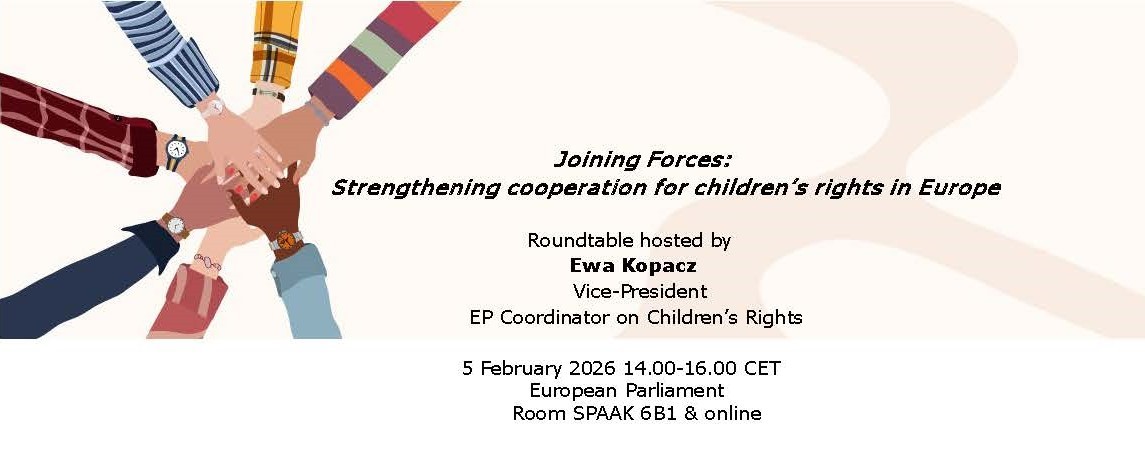The future of Europe depends on how we treat our children today
On 28 November, the European Parliament discussed the Joint Statement by the European Commission and the High Representative on World Children's Day, marking the 35th anniversary of the United Nations Convention on the Rights of the Child.
The discussion highlighted significant challenges children face worldwide and underscored the pressing need for action. It also emphasised the pivotal role of European policymakers in protecting and promoting children’s rights.
Key issues raised by MEPs :
- Protecting Children’s Rights Globally
The plight of children in conflict zones like Gaza, Ukraine, Afghanistan, and Syria was brought to the forefront. These children face severe violations of their fundamental rights, such as famine, violence, and denial of humanitarian access. The Members of European Parliament highlighted that the EU must intensify its efforts, to support peace, freedom, and the provision of basic needs like food, education, healthcare, and nutrition in these regions. The Parliament rightly called for international cooperation, particularly urging the UN to prioritise children’s rights in its peace and humanitarian efforts. - Digital Safety and Online Exploitation
Rising online threats to children, such as exposure to harmful content,bullying, and sexual exploitation, were identified as alarming issues. The Parliament’s debate stressed the urgent need for stricter regulation of digital platforms, especially in addressing Child Sexual Abuse Material (CSAM). The EU must push for consensus on the Regulation laying down rules to prevent and combat child sexual abuse and hold tech companies accountable to ensure children’s safety in the digital space. - Education and Equal Opportunities
Education was repeatedly highlighted as a cornerstone for improving children’s futures. MEPs called for inclusive, high quality education that not only equips children with knowledge but also opens pathways to job opportunities. Particular attention was drawn to the discrimination faced by girls, autistic children, and LGBTQI+ children. Investment in sexual education, by teaching children about their rights, and concepts such as consent and respect, might promote gender equality and reduce the risks of violence. - Poverty and Climate Change
It is unacceptable that 20 million children in the EU remain at risk of poverty and social exclusion. The debate highlighted the moral imperative to tackle child poverty, emphasising its deep interconnection with children’s exposure to the negative impact of climate change. Access to housing, healthcare, and nutritious food is not a privilege but a fundamental necessity. While the European Child Guarantee is a commendable initiative, its current funding levels are inadequate. Increased financial commitments are essential to eradicate child poverty effectively. - Mental Health and Wellbeing
The pandemic exposed and intensified mental health struggles among children, yet mental health services remain inadequate. Addressing these issues requires systemic reforms, funding, and a focus on professionals who support children’s emotional and psychological well-being.
Although progress has been made in implementing the United Nations Convention on the Rights of the Child, persistent challenges demand concrete actions rather than rhetoric. Recommendations include:
- Strengthening the implementation of the EU Strategy on the Rights of the Child, and increasing the funding for children’s rights via the European Child Guarantee.
- Ensuring that vulnerable groups, such as children with disabilities and migrant children, are prioritised.
- Finalising and enforcing policies to prevent online exploitation, close legal loopholes, and hold digital platforms accountable.
- Prioritising children in conflict zones in all diplomatic and humanitarian efforts, addressing fatalities, injuries, hunger, and displacement as urgent moral crises.
- Promoting meaningful participation of children in policymaking processes to ensure their voices actively influence EU policies.
For more information, please refer to:
- EU Strategy on the Rights of the Child
- EU Recommendation on integrated child protection systems
- EU Children's participation platform
- European Child Guarantee
- European Green Deal
- Digital Services Act
- EU Digital Decade
- Digital Education Action Plan
- EU Guidelines for the promotion and protection of the rights of the child
- EU Guidelines on Children and Armed Conflict
- Digital and Information Society - European Commission
- Eurostat Infographic on Children in the EU
- Communication on a comprehensive approach to mental health
*Photo: Tuule, Estonia, from the Eurochild Children's Council speaking at the European Parliament





